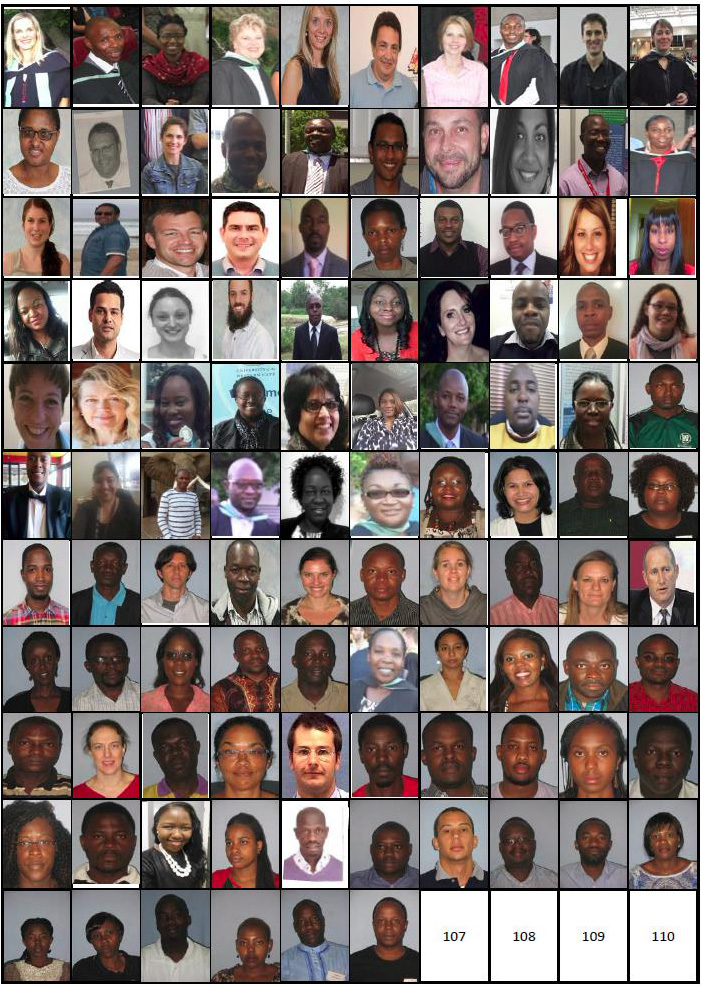On March 14, Victoria Ndarukwa, a medical laboratory scientist from Zimbabwe, became the 100th Matie to receive a Master of Science degree in Clinical Epidemiology from Stellenbosch University (SU) in less than a decade.
 The so-called M ClinEpi programme was launched in 2008 and have steadily produced graduates each year from around the continent. The academic leadership is provided by the Centre for Evidence-based Health Care (CEBHC) at the Faculty of Medicine and Health Sciences (FMHS), SU.
The so-called M ClinEpi programme was launched in 2008 and have steadily produced graduates each year from around the continent. The academic leadership is provided by the Centre for Evidence-based Health Care (CEBHC) at the Faculty of Medicine and Health Sciences (FMHS), SU.
This popular postgraduate programme helps build capacity among healthcare professionals working in a clinical setting. "Evidence-informed practice is key," explains Prof Taryn Young, director of the CEBHC.
"The programme builds capacity of health professionals to practice in an evidence-informed way. It also helps them be the doers of good research to inform best practice." According to Young, evidence-based best practice is helping to make the most of the scarce resources available in healthcare.
The M ClinEpi offers rigorous methodological training for professionals with a background and experience in any health-related discipline, and is supported by various departments both within and outside the FMHS.
In the nine years since it was established, 190 students from 16 African countries have enrolled in the programme (see graph). "We have more than 100 applications every year without any formal advertising," says Young. "The programme is being advertised through word of mouth."
The M ClinEpi is a part-time programme that runs over two years and offers a blend of face-to-face contact sessions, e-learning and self-study. It has also employed various innovations, including a mentorship component and a system of teaching assistantship that provides support to both the students and convenors of the programme.
It is one of five similar courses offered on the African continent. A recent research article by Young and colleagues comparing the different programmes found that graduates enjoyed the variety of modules, preferred blended teaching, and regarded the assessment as fair.
"Our M ClinEpi programme offers modules not available elsewhere. We are the only programme offering specific modules on clinical guidelines, systematic reviews and meta-analysis, randomised controlled trials and diagnosis and screening," says Young.
Thus far, 39 participants in the programme have gone on to publish their research in peer-reviewed journals, including prominent journals like the International Journal of Epidemiology, the Cochrane database of systematic reviews and PLOS One.
"We are grateful to all the academic, administrative and support staff without whose hard work and ongoing commitment these achievements would not be possible," Young concludes.
To learn more about the MClinEpi programme visit www.sun.ac.za/clinepi and for more information on the CEBHC go to www.sun.ac.za/cebhc.
Caption: MSc graduates in Clinical Epidemiology exceeds a hundred


